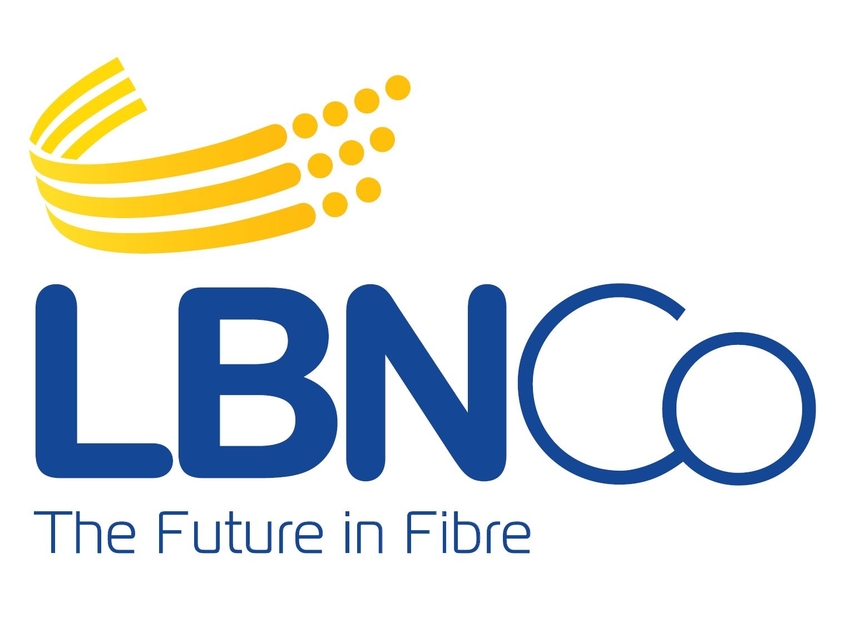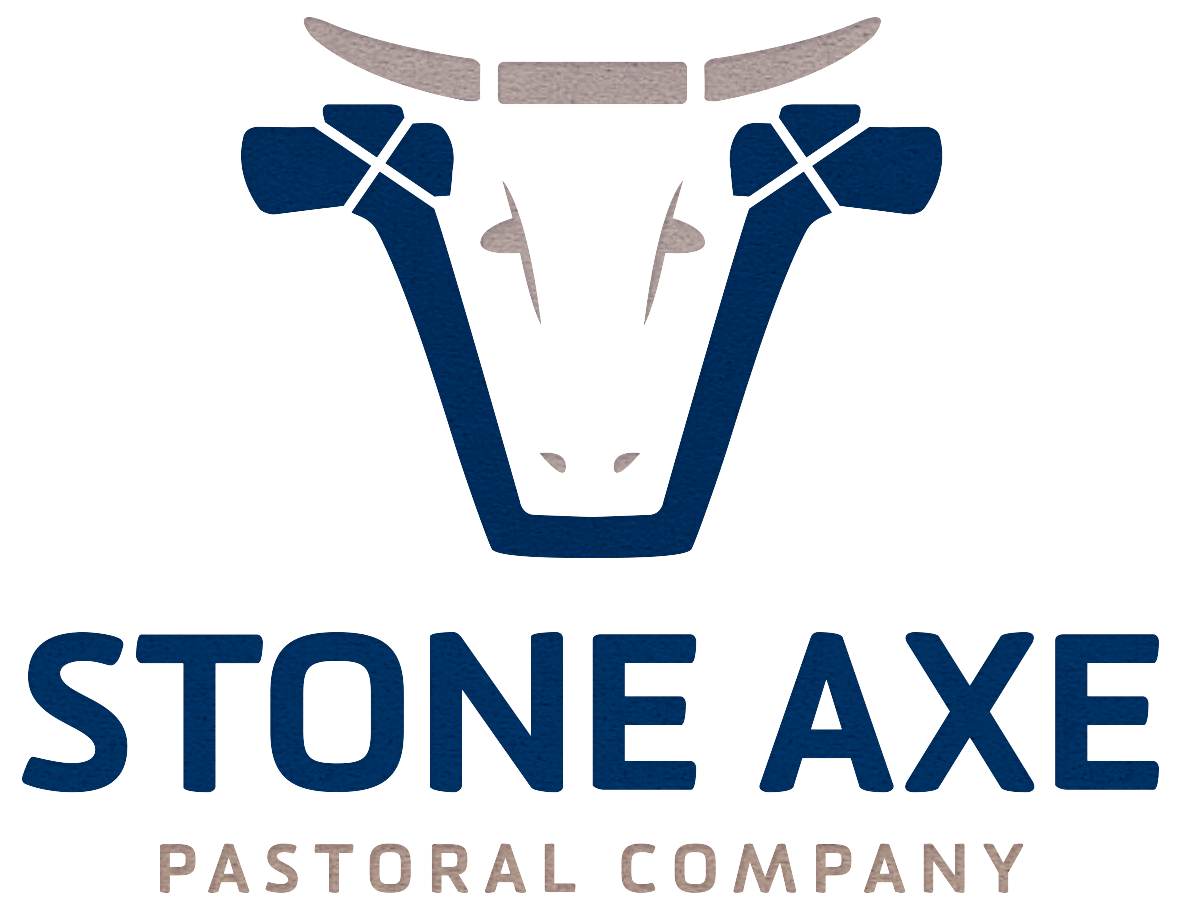Brad Mytton: Frank, just touching on climate change for a second, clearly a massive theme. How do you see climate change impacting some of our investee companies, both in the existing portfolio and new companies we're looking at?
Frank Barillaro: Yeah, it's certainly been a focus for us ever since we started this journey, investing in agriculture here. Climate change I think is one thing people need to adapt to and look at proactively. We've had a focus on investing into companies where we can diversify risk from climate change. And examples of that are what we call investing with agriculture with roofs. So, we have a very big chicken, poultry farm which is all under closed environment temperature controlled and still has some exposure to climate and things like that.
But largely you can control what's going on inside. The recent investment, we've done in pace farms is another example. Closed production systems, something where we're not entirely exposed to changes in climate. The investment in Flavorite is another example where we can minimize the effects of climate change on our production cycle and also be a beneficiary of adverse climate conditions, which might affect field growing crops. So they're definitely sectors we've invested in have done quite well out of and following those trends.
Going forward, it's just making sure that whenever we're assessing new investments, that we're thinking about those risks, how can we mitigate exposure to climate events and how can we pick sectors where the impacts of climates aren’t going to be extremely volatile to investment returns.
Brad Mytton: And what are you seeing from the consumer in relation to climate change and sustainability more generally? How are you seeing that very large group interact with food producers there?
Frank Barillaro: There's certainly a focus domestically, particularly from the retailers, to ensure a consistency of product and a consistency of supply. So, a lot of us will remember iceberg lettuce at ten dollar a head and that placed constraints on the food production system generally in Australia. So, the supermarkets are looking for ways to ensure they've got consistent supply and we see the trend moving more toward protected cropping environments. We've got a good investment in tomatoes and cucumbers and capsicums going through Flavorite. We see that sector moving more into leafy greens other parts of the food supply chain.




